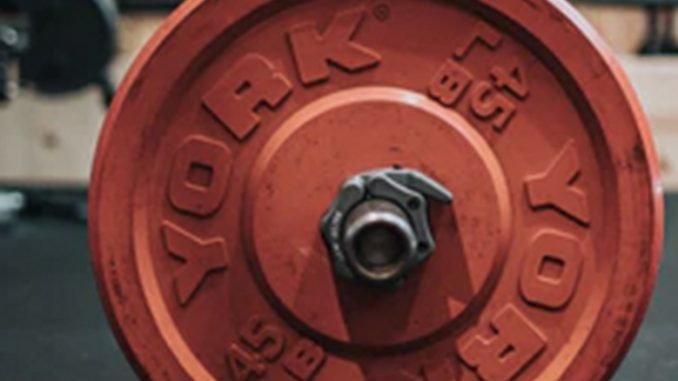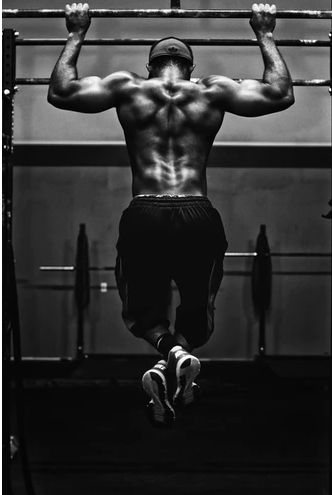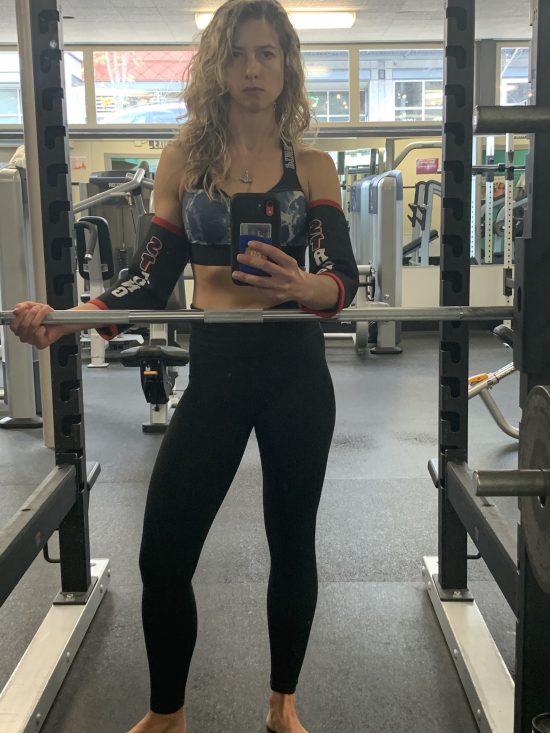
Boost your athletic performance by brewing a cup of coffee.
BY MARK VAN STREEFKERK
BARISTA MAGAZINE ONLINE
Cover photo by Nathan Dumlao for Unsplash
The term “coffee culture” usually stirs up images of cafés, conversations, and connections. Maybe the images that come to mind are an Ethiopian coffee ceremony, an after-dinner cafecito, or a late-night study session at a café (back when we could congregate safely!). People swear by coffee’s powers to stimulate creativity and communication, but unless you are an athlete, you might not immediately connect coffee to athletic performance.
For athletes of all levels, coffee can be a natural performance-enhancing stimulant that provides the firepower for one more rep or one more lap. Caffeine stimulates the central nervous system, leading to increased focus and a boost in performance. In fact, caffeine is the primary ingredient in pre-workout supplements. Coffee ramps up the metabolism, and has the added benefits of antioxidants, which can help protect your body against certain diseases.

How exactly do athletes take their coffee? What’s the optimum time frame to consume caffeine before working out? Are there any risks associated with drinking coffee and working out? I was able to chat with Seattle-based personal trainer Bethany Grant-Rodriguez (she/her) for some insight into these questions and more. Bethany has been a personal trainer and group exercise instructor since 2008. In the last few years she has been focused on hardstyle kettlebell training. She’s also been drinking coffee “my entire adult life.” Find out how she uses coffee to boost her athletic performance, and the next time you’re about to head out for a run, queue up a virtual HIIT class, or do your own home workout, sip a cup of coffee beforehand.
A lot of personal trainers recommend drinking coffee black, with no additives like sugary flavors or syrups. Bethany points out that avoiding sugars is a great way to reduce inflammation. She makes her own cold brew via French press, storing it in the fridge so it’s ready to go before her morning training session.

Just how does coffee work its magic in athletic performance? “The caffeine in coffee is a natural performance-enhancing drug,” Bethany says. “It helps decrease perceived exertion so you can work harder without feeling like you’re working harder, or go longer before hitting the wall. It stimulates your nervous system so you are primed to GO!”
Even though caffeine is absorbed from the stomach within 15 to 45 minutes, it hits the peak of its effects between 30 and 75 minutes after consumption. As far as risks go, coffee can lead to dehydration, so make sure you hydrate when you work out. Bethany also cautions against overdoing it. “If you’ve ever experienced the caffeine jitters, you know what I’m talking about,” she says. “Coffee can exacerbate symptoms of anxiety, and cause your heart to race, which is not necessarily beneficial for certain types of training. If your resting heart rate is too high, or if your nervous system is overstimulated, it can actually detract from your training.”
For more details about coffee and health, check out this article from Harvard Medical School.

ABOUT THE AUTHOR
Mark Van Streefkerk is Barista Magazine’s social media content developer and a frequent contributor. He is also a freelance writer, social media manager, and novelist based out of Seattle. If Mark isn’t writing, he’s probably biking to his favorite vegan restaurant. Find out more on his website.
